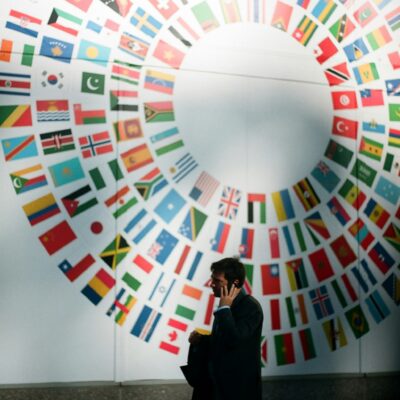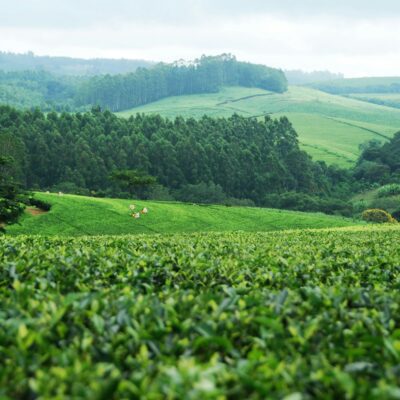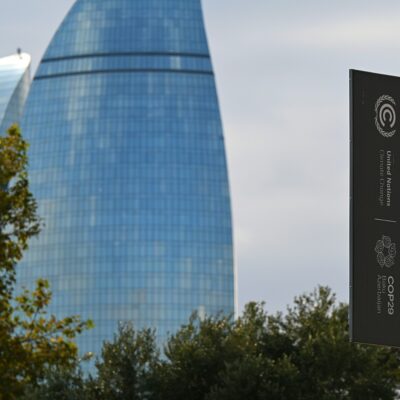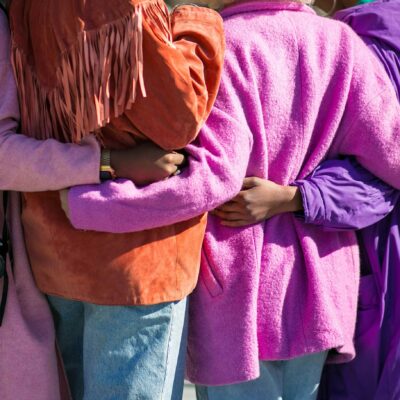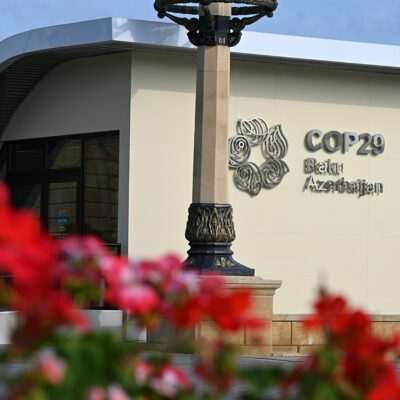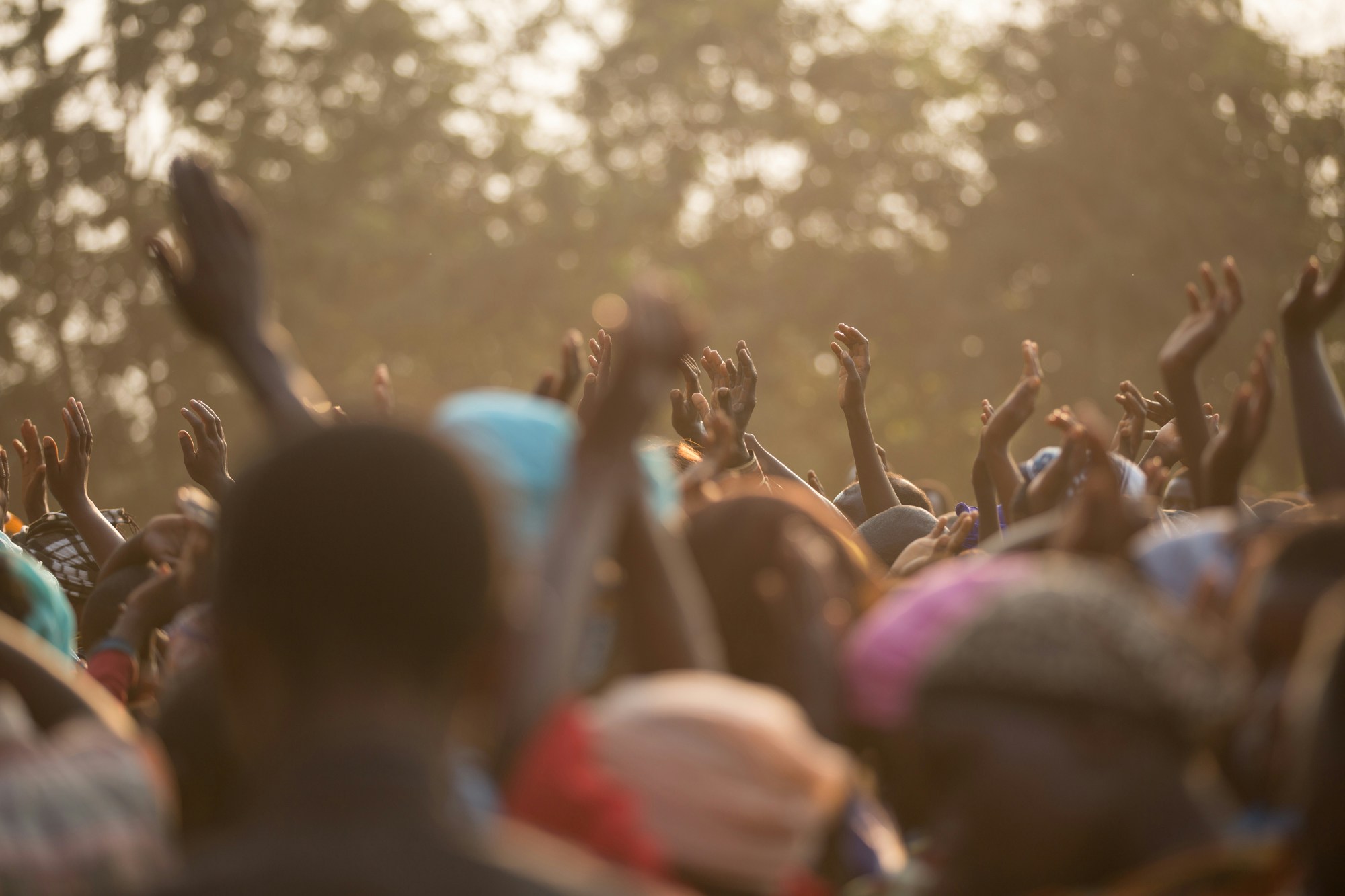 Photo: Avel Chuklanov/Unsplash
Photo: Avel Chuklanov/Unsplash
This is a summary of a policy note published on the Nordic Africa Institute website.
The Nordic Africa Institute has recently published a policy note titled “Big man politics and multi-party rule call for new gender plans,” authored by Amanda Gouws (Stellenbosch University) and Diana Højlund Madsen (NAI). This note explores the trajectory of women’s political representation in South Africa, tracing key developments and setbacks over the decades and highlighting challenges following the 2024 elections.
In the 1990s, South Africa’s democratic transition ushered in progressive gender reforms. The African National Congress (ANC) adopted a 30% voluntary quota, resulting in significant substantive representation for women – i.e the ability to influence policy and represent women’s interests. The creation of the National Gender Machinery (NGM)—including the Office on the Status of Women and the Joint Monitoring Committee on Women’s Quality of Life—facilitated landmark legislation such as the Domestic Violence Act. Grassroots coalitions, such as the Women’s National Coalition, played a critical role in shaping gender olicies.
The 2000s marked a decline in these gains, with several of the laws passed for women being unevenly implemented. As the ANC’s dominance grew, women’s influence on policy declined. Centralized power and the proportional representation system forced women MPs to conform to party directives, stifling their ability to advocate for gender issues. Quotas controlled by male leaders made the chosen women’s accountable to these men rather than to the lectorate, which hindered cross-party collaboration.
During the 2010s, state capture—where public institutions were co-opted for private and political gain—significantly undermined South Africa’s gender-equality efforts. The repurposing of the NGM for patronage and corruption reduced its effectiveness, and despite higher descriptive representation, substantive progress on issues like gender-based violence stalled.
The 2024 elections brought major political shifts as the ANC lost its parliamentary majority for the first time since apartheid, forming a coalition government with nine other parties. While women’s representation in parliament remained at 45%, the fragmented coalition and the rise of “big man politics” complicates efforts to advance gender equality. The official opposition parties, uMkhonto weSizwe (MK) and the Economic Freedom Fighters (EFF), have also reinforced patriarchal norms, restricting women’s political influence. MK filled its parliamentary seats with extremely conservative and traditional leaders who wants to see women fulfilling stereotypical roles rather than occupying positions of power. Similarly, the EFF, despite its radical stance on economic justice, has been accused of fostering a male-dominated culture, with women in leadership roles often sidelined or marginalized.
Given this evolution of women’s influence in the political landscape, the authors developed several policy recommendations to advance gender equality in South Africa. First, a 50% legislative gender quota, paired with a mandatory zebra list, should be implemented to ensure fair representation in political offices. Additionally, reinstating a multi-party women’s caucus would foster cross-party collaboration to address gender issues. To strengthen advocacy, a unified women’s manifesto, modeled after Ghana’s, should be developed. The implementation of sanctions against toxic masculinity in politics is vital, along with creating a robust gender equality agenda that addresses violence and encourages inclusive dialogue.

